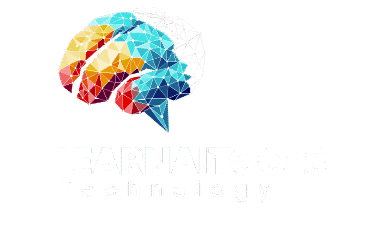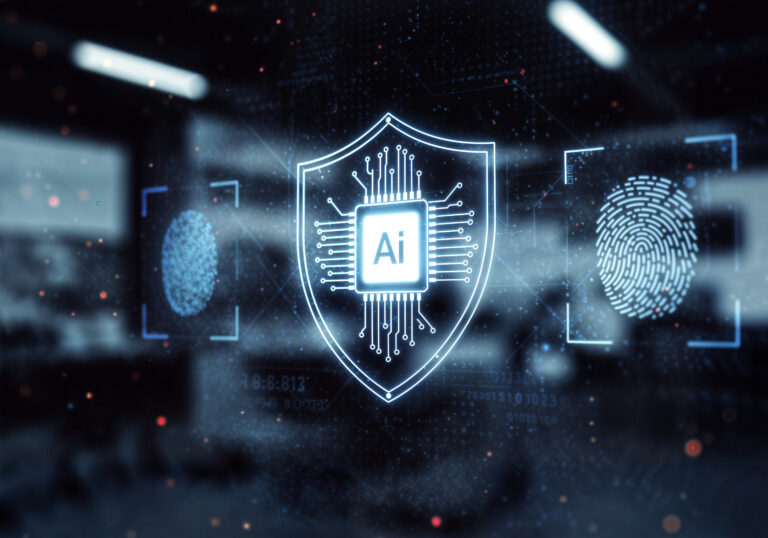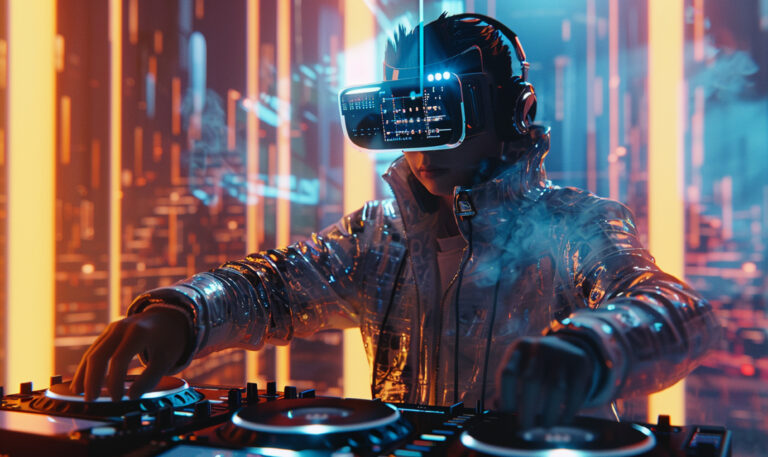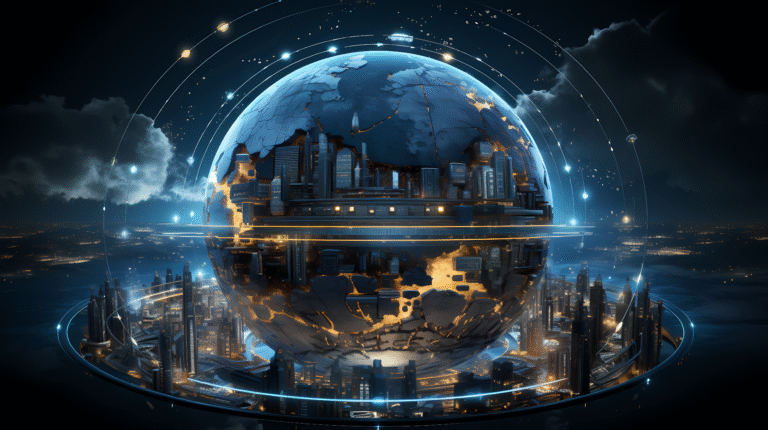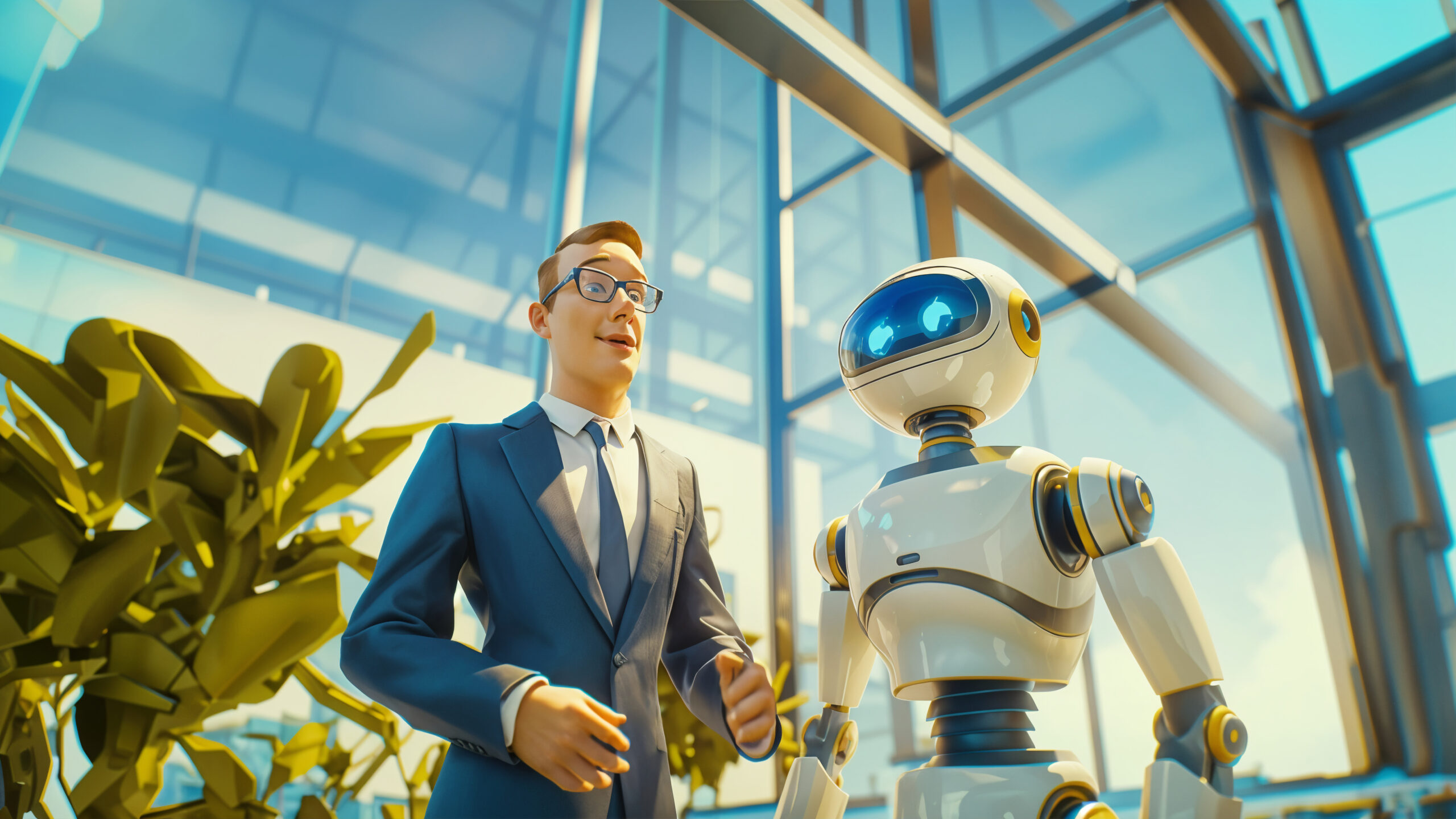
AI Jobs 2025 – Redefining the Future of Work in the Age of Artificial Intelligence
Introduction
AI Jobs 2025 are not just about the future—they are about the present transformation of the workforce across industries. Artificial Intelligence is reshaping how businesses operate, how employees work, and what roles will dominate the job market in the coming years. From automation and data science to robotics and healthcare, AI is opening doors to new opportunities while also challenging traditional career paths.
This article explores the rise of AI jobs, the industries most affected, the emerging skill sets required, and how professionals and organizations can prepare for this new era.
AI Jobs 2025: The Landscape of Work
AI Jobs 2025 will exist in nearly every sector of the global economy. According to experts, AI will create millions of new jobs even as it automates repetitive ones. Roles in machine learning, natural language processing, robotics engineering, AI governance, and ethical AI are gaining prominence.
Instead of reducing opportunities, AI is expected to transform the nature of work—making it more innovative, analytical, and human-focused.
Key Sectors Driving AI Jobs 2025
- Healthcare – AI-driven diagnostics, personalized medicine, and robotic surgeries are creating demand for AI medical specialists.
- Finance & Banking – Fraud detection, risk analysis, and customer service bots require skilled AI developers and data analysts.
- Manufacturing – Smart factories need robotics engineers, predictive maintenance experts, and AI process managers.
- Education – Adaptive learning platforms are increasing demand for AI curriculum developers and ed-tech specialists.
- Cybersecurity – AI jobs in 2025 will also focus on predictive threat detection and automated defense systems.
Each of these industries highlights how AI is not replacing humans, but instead requiring new skill sets that blend technical expertise with creativity.
The Rise of Hybrid Roles
A key trend in AI Jobs 2025 is the rise of hybrid roles—jobs that combine domain knowledge with AI expertise. For instance:
- AI in Law: Lawyers trained in AI-driven legal research tools.
- AI in Journalism: Journalists using AI for automated reporting and fact-checking.
- AI in Marketing: Digital marketers leveraging AI analytics to design hyper-personalized campaigns.
Hybrid jobs bridge the gap between technology and human insight, creating careers that are future-proof.
AI Jobs 2025 and the Skills You Need
The future workforce will need to focus on both technical and soft skills:
- Technical Skills: Machine learning, deep learning, programming (Python, R, Java), data visualization, AI frameworks (TensorFlow, PyTorch).
- Soft Skills: Creativity, emotional intelligence, problem-solving, and critical thinking.
AI can handle data processing, but creativity and ethical decision-making will remain uniquely human advantages.
Challenges of AI Jobs 2025
While AI jobs will grow rapidly, several challenges must be addressed:
- Skill Gaps: Many workers lack training in AI-related fields.
- Ethical Concerns: AI jobs will require professionals to ensure fairness, transparency, and accountability.
- Job Displacement: Automation may eliminate low-skill repetitive jobs, demanding reskilling initiatives.
- Access Inequality: Developing countries may face slower adoption, creating uneven job opportunities worldwide.
Governments and AI Job Policies
Governments are playing a crucial role in preparing for AI Jobs 2025. Policies around upskilling, digital literacy, and ethical AI frameworks are being developed worldwide. For example:
- Reskilling programs in Europe and Asia.
- AI education integration in schools and universities.
- Global AI governance frameworks to ensure inclusive growth.
Such initiatives will help workers transition smoothly into AI-driven careers.
AI Jobs 2025: The Role of Startups
Startups are one of the biggest drivers of AI job creation. By innovating in areas such as autonomous vehicles, generative AI, and sustainable energy solutions, startups are generating demand for:
- AI engineers
- Data scientists
- Robotics specialists
- AI ethicists
This entrepreneurial wave is fueling both innovation and job creation worldwide.
Preparing for AI Jobs 2025
Professionals can prepare by:
- Continuous Learning – Upskill in AI technologies and stay updated with the latest tools.
- Networking – Engage with AI communities and forums to understand real-world use cases.
- Certifications – Earn credentials in AI, machine learning, and data science to remain competitive.
- Practical Experience – Work on AI projects, internships, or freelance gigs to build real-world expertise.
The best preparation for AI jobs is adaptability and the willingness to learn.
The Human Side of AI Jobs
Despite technological dominance, AI Jobs 2025 will emphasize the human side of work. Collaboration between humans and machines will define success. For instance, doctors will work with AI systems for faster diagnoses, but human empathy will remain central to patient care.
The future workforce will not just be about coding—it will be about creating meaningful, ethical, and sustainable AI solutions.
Conclusion
AI Jobs 2025 are not just about automation—they are about transformation. From healthcare and finance to manufacturing and education, AI is creating new opportunities while reshaping old ones. The challenge lies in how individuals, organizations, and governments adapt to this change.
The future belongs to those who embrace AI responsibly, upskill continuously, and innovate fearlessly. One thing is clear: the world of work is changing, and AI Jobs 2025 will define the careers of tomorrow.
